Publications
Articles, publications, books, tools and multimedia features from the U.S. Institute of Peace provide the latest news, analysis, research findings, practitioner guides and reports, all related to the conflict zones and issues that are at the center of the Institute’s work to prevent and reduce violent conflict.

Iran’s Attack and the New Escalatory Cycle in the Middle East
The Middle East is entering a new phase after unprecedented attacks by Israel and Iran during the first two weeks of April. Robin Wright, a senior fellow at USIP and the Woodrow Wilson Center who has covered the region for a half century, explores what happened, the strategic implications, the political context and the divided world reaction.

The Growing Flashpoints Between the U.S. and Iran
Tension between Washington and Tehran has been a growing undercurrent of the war in Gaza, even as both countries tried to prevent it from sparking a direct confrontation during the first six months of fighting. Robin Wright, a joint fellow at USIP and the Wilson Center, explores the evolving flashpoints in the world’s most volatile region as well as the challenges for U.S. diplomacy, the new triggers for a wider regional conflagration and the historical backdrop.

As Hezbollah-Israel Tensions Simmer, Lebanon’s Domestic Crises Drag On
Nearly six months after Hamas’s October 7 attack on Israel, tensions in two key flashpoints — Lebanon and Syria — continue to rise with significant Israeli airstrikes in both countries, leading to the highest death tolls in each country since October 7. Amid these rising tensions, ongoing clashes between the Lebanese militant group Hezbollah and the Israel Defense Forces (IDF) threaten to escalate into a wider war. At the same time, Lebanon continues to reel from a series of crises that have unfolded over the past four and a half years, highlighting Lebanon’s perilous position as the Gaza conflict continues to reverberate throughout the region.
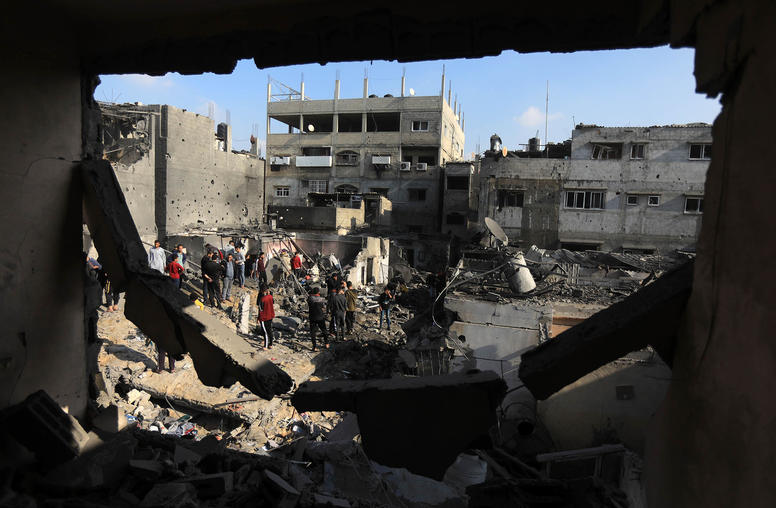
What Does the U.N. Cease-Fire Resolution Mean for the Israel-Gaza War?
On March 25, the United Nations Security Council (UNSC) passed Resolution 2728, calling for an “immediate” cease-fire in Gaza. The motion’s passage came after weeks of back and forth and posturing among the UNSC’s permanent and rotating members. The exact phrasing of the resolution and its relevance to the situation on the ground, as well as bilateral and multilateral relations — particularly U.S.-Israel ties — have been the subject of heavy public and media attention since Monday, raising questions about the resolution’s subtext, intent and limitations. USIP’s Robert Barron looks at these questions.
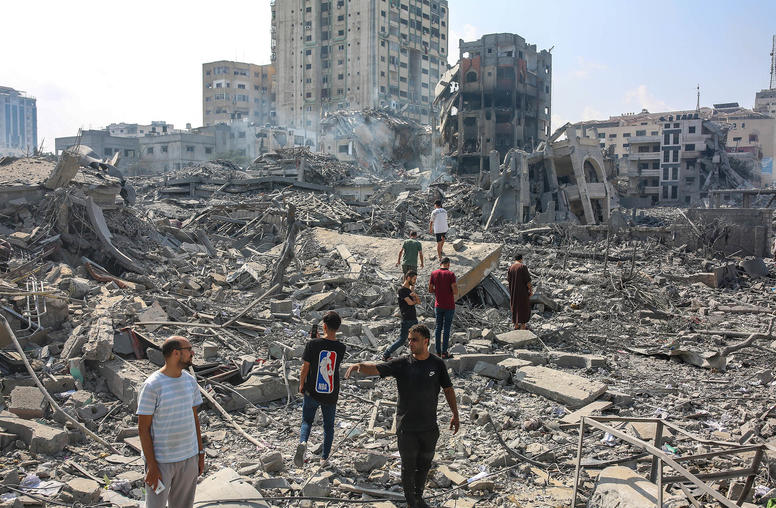
Plan for Gaza’s Future Highlights the Challenges That Lie Ahead
The document that Israeli Prime Minister Benjamin Netanyahu presented to his security cabinet for discussion on February 22 may be his first formal articulation of a postwar plan for Gaza, but is largely a compilation of views that have been expressed publicly over the past few months. Accordingly, it offers few surprises, but could deepen tensions between Israel on one side and the United States and regional stakeholders on the other.
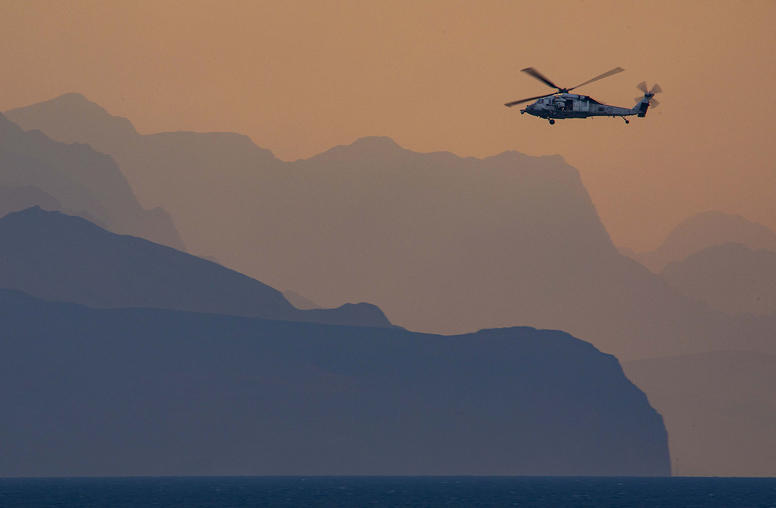
The United States Weighs Its Options in the Face of Iran’s Provocations
Three U.S. troops were killed and at least 34 injured in a drone strike on a U.S. base in northeast Jordan on January 28. The attack comes against a backdrop of rising regional tensions since the outbreak of conflict in Gaza following the October 7 Hamas terrorist attack on Israel.

Is China Eyeing a Second Military Base in Africa?
For over three decades, every Chinese foreign minister’s first overseas trip of the year has been to Africa. This year continued the tradition with China’s foreign minister, Wang Yi, visiting Egypt, Tunisia, Togo and Côte d'Ivoire. Notably, every one of these countries is coastal. And yet, at a time of continued speculation over China’s next military installation in Africa, none of these countries has featured prominently as potential locations in previous analyses. We might, therefore, reasonably ask what China’s current considerations are around basing in Africa. Faced with an increasingly multipolar and assertive Africa at a time of domestic economic challenge, however, China’s long-term strategy remains unclear.
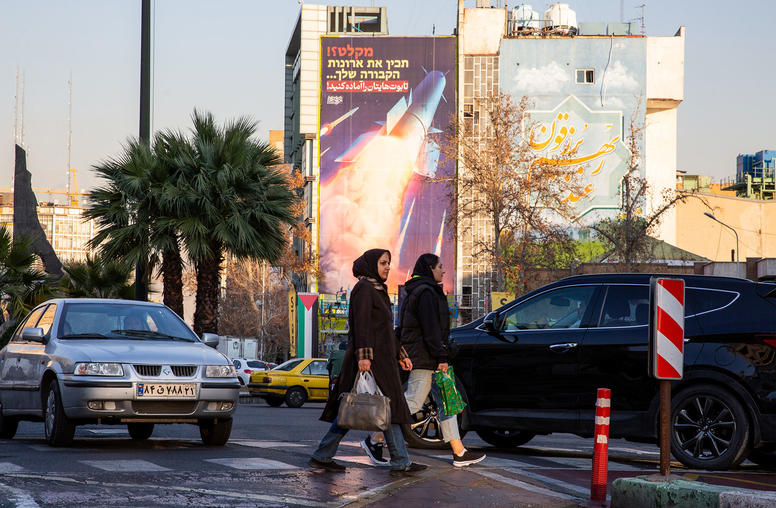
Making Sense of Iran-Pakistan Cross-Border Strikes
In a surprising turn on January 16, Iran launched missile strikes into Pakistan’s Baluchistan province, claiming it had hit two strongholds of anti-Iran insurgent group Jaish al-Adl (Army of Justice). Iran announced the attack in Pakistan concurrent to its strikes in Iraq and Syria. Less than two days later, Pakistan hit back with not only missiles but also fighter jets in Iran’s Sistan-Baluchistan province — claiming to target hideouts of anti-Pakistan ethno-nationalist insurgents operating from Iranian soil.
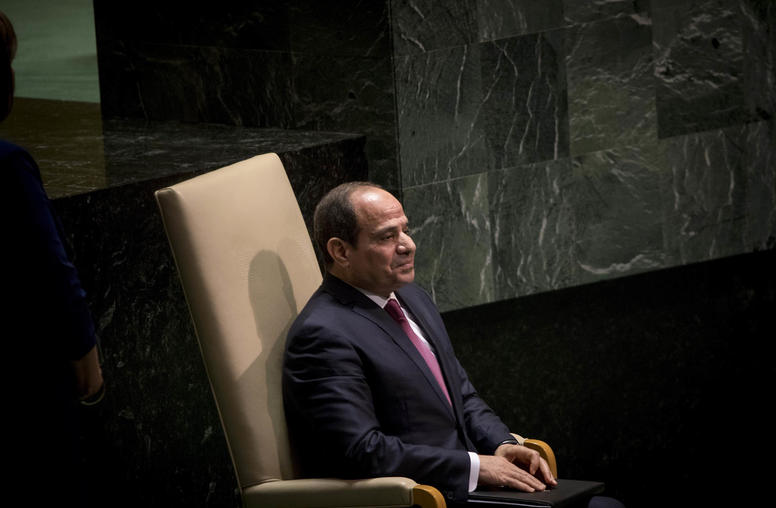
Six Dilemmas Facing Egypt
Since Hamas took control of Gaza in 2007, Egypt has been heavily involved in efforts to end the military confrontations and wars that have periodically broken out in Gaza. However, the scope, scale and stakes of the current war is unlike any prior round of hostilities. In response to the massacre and hostage-taking of mostly Israeli civilians by Hamas and other militant armed groups during their devastating attack on Israel on October 7, 2023, Israel has launched one of the most destructive wars in its history. Indeed, this war will be transformational in numerous ways, with ramifications for several stakeholders beyond the parties themselves.
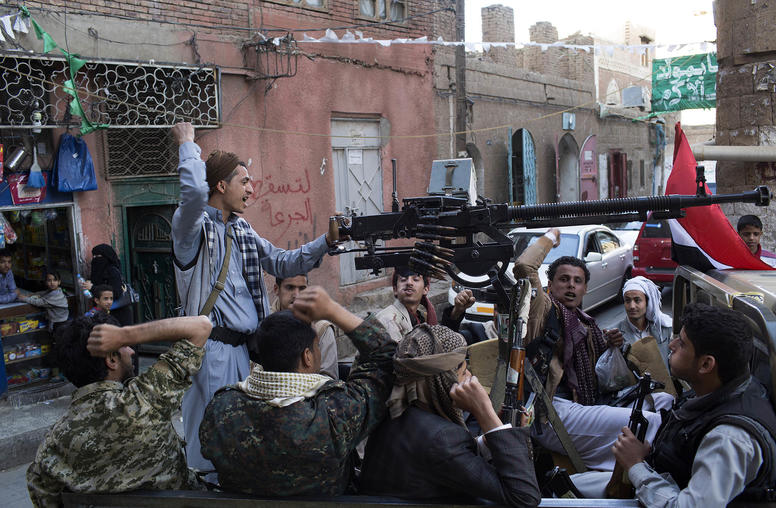
A Slippery Slope? U.S., U.K. Launch Strikes on Iran-Backed Houthis in Yemen
On January 12, the United States and the United Kingdom, supported by Australia, Bahrain, Canada and the Netherlands, launched military strikes against Houthi targets in Yemen in response to the group’s attacks on civilian and military ships in the Red Sea. The U.S.-led strikes are a significant escalation and part of the growing regional impact of the Israel-Hamas war, which the United States has been actively trying to prevent from turning into a regional war.